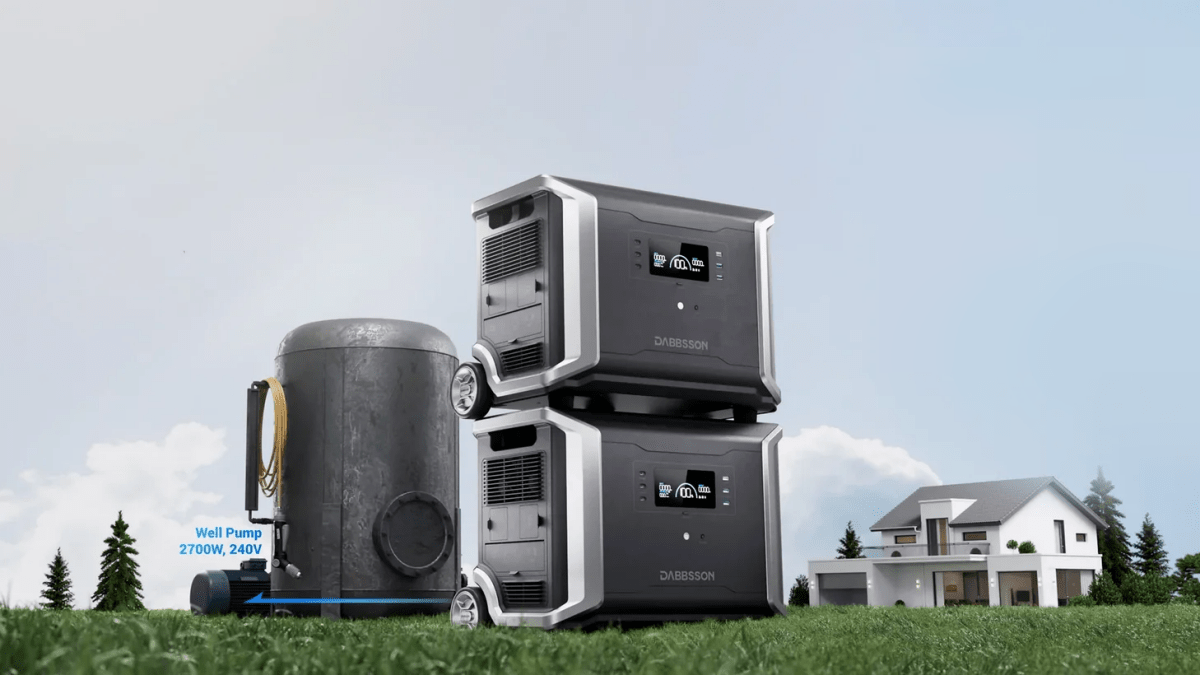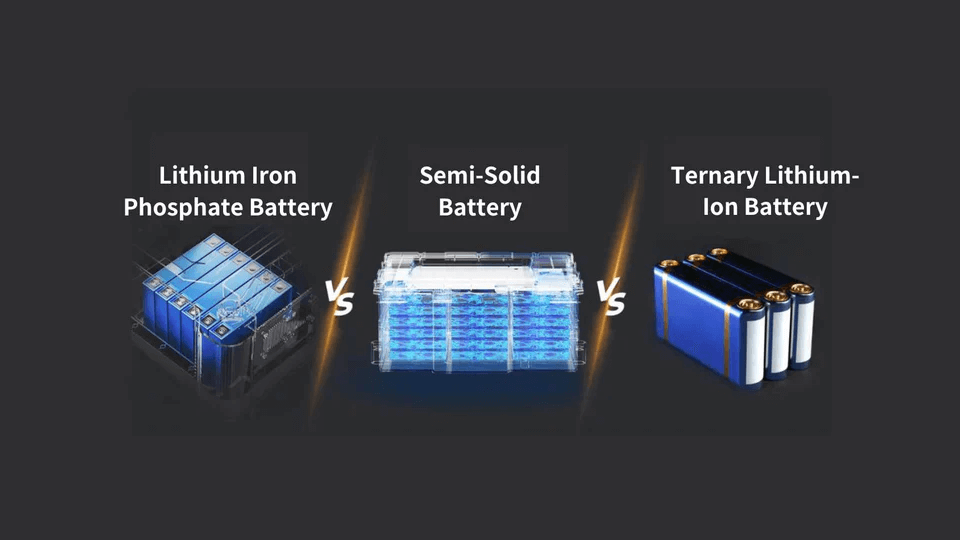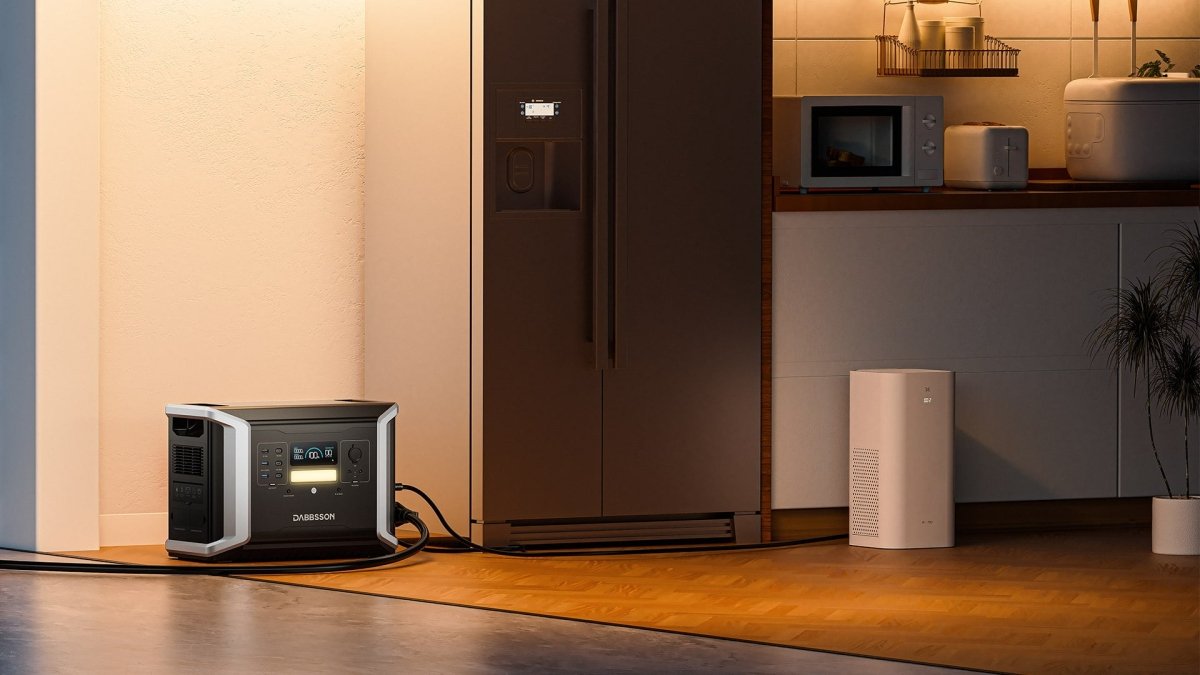At Dabbsson, we recognize the critical role home backup generators play during emergencies. Yet, cost is often a significant barrier for consumers considering such an investment. This article provides an in-depth examination of the factors that influence the cost of home backup generators and offers practical advice on how to reduce these expenses.
1. Overview of Home Backup Generator Costs
The cost of a home backup generator can vary widely, from a few thousand to tens of thousands of dollars, depending on a multitude of factors. Gaining an understanding of these factors is essential for consumers to make informed purchasing decisions.
2. Key Factors Influencing Cost
● Generator Size and Power Output: The size and power output of a generator are the primary determinants of its cost. Smaller generators are suitable for powering basic appliances, while larger models can supply electricity for an entire home.
● Installation Expenses: These include the fees for hiring a certified electrician and complying with local building codes.
● Maintenance and Servicing: Routine maintenance and servicing are vital for ensuring the longevity and efficiency of a generator.
● Geographical Location: Regional building regulations, zoning laws, and climate conditions can affect the installation and operational costs of a generator.
● Type of Fuel: The choice between different fuel sources, such as natural gas, propane, diesel, or gasoline, will directly impact the total cost of owning a generator.
3. Strategies for Reducing Home Backup Generator Costs
● Adopting Sustainable Energy Sources: Investing in renewable energy like solar or wind can lead to long-term savings by reducing reliance on expensive fossil fuels.
● Performing DIY Maintenance: Acquiring basic maintenance skills can help you save on service costs and extend the life of your generator.
● Purchasing Off-Peak: Buying a generator during periods of low demand might allow you to take advantage of lower prices.
● Taking Advantage of Rebates and Incentives: Dabbsson may offer discounts or rebates to encourage the adoption of energy-efficient technologies.
● Considering Refurbished Units: Refurbished generators can be a cost-effective alternative, providing similar performance and safety as new models at a reduced price.
4. Dabbsson's Recommended Home Backup Generators
Dabbsson recommends portable solar generators equipped with high-capacity lithium-ion batteries. These generators not only deliver ample power for home appliances but also feature:
● High-efficiency solar charging capabilities.
● User-friendly OLED displays that provide real-time usage data.
● Durable construction suitable for outdoor use.
● Multiple USB ports for convenient charging of various devices.
5. In-Depth Analysis: Weighing Costs Against Benefits
While the initial investment in a home backup generator may seem substantial, the benefits it provides during emergencies are invaluable. Here's a closer look at the cost-benefit analysis:
● Preventing Power Outage Losses: Backup generators can prevent costly losses due to power outages, such as spoiled food and damaged equipment.
● Enhancing Quality of Life: Backup power ensures that daily routines can continue uninterrupted during outages, enhancing overall quality of life.
● Achieving Long-Term Energy Savings: Utilizing renewable energy sources can lead to significant savings on energy costs over time.
● Environmental Impact: Investing in sustainable energy solutions contributes to a reduced carbon footprint and promotes environmental sustainability.
6. Dabbsson's Commitment to Customer Satisfaction
Dabbsson is dedicated to offering customers top-tier home backup generator solutions. Our mission is to provide generators that are not only efficient and reliable but also cost-effective, ensuring that our customers have access to power during critical times.
7. Conclusion
Investing in a home backup generator is more than just a purchase; it's a safeguard for your home's energy needs. By understanding the cost factors and employing strategies to mitigate them, you can make a well-informed decision. Dabbsson stands ready to assist you in selecting the generator that best fits your requirements.
8. Frequently Asked Questions
● Q: What is the typical lifespan of a home backup generator?
A: Home backup generators generally have a lifespan of 10 to 15 years, contingent upon usage frequency and maintenance practices.
● Q: How do I choose the appropriate generator size for my home?
A: Consider your home's electrical demands and intended use when selecting a generator size. Professional consultation can guide you to the optimal choice.
● Q: What are the best practices for generator maintenance?
A: Regular oil changes, air filter inspections, spark plug cleaning, and battery terminal maintenance are key to prolonging your generator's life.
● Q: Are refurbished generators reliable?
A: Refurbished generators are thoroughly tested and meet performance and safety standards. Choosing a reputable supplier ensures reliability.
● Q: What after-sales services does Dabbsson provide?
A: Dabbsson offers a range of after-sales services, including technical support, warranty coverage, and customer consultations.
9. Closing Remarks
At Dabbsson, we are committed to equipping every home with the means to maintain power supply during emergencies. We achieve this by delivering high-quality products and exceptional services, ensuring our customers are never left in the dark.
Popular Posts
-
Preparing for Fall WeatherOct 14, 2024
-
How You Can Be Prepared for Summer Power OutagesJun 5, 2023









































Leave a comment
This site is protected by hCaptcha and the hCaptcha Privacy Policy and Terms of Service apply.